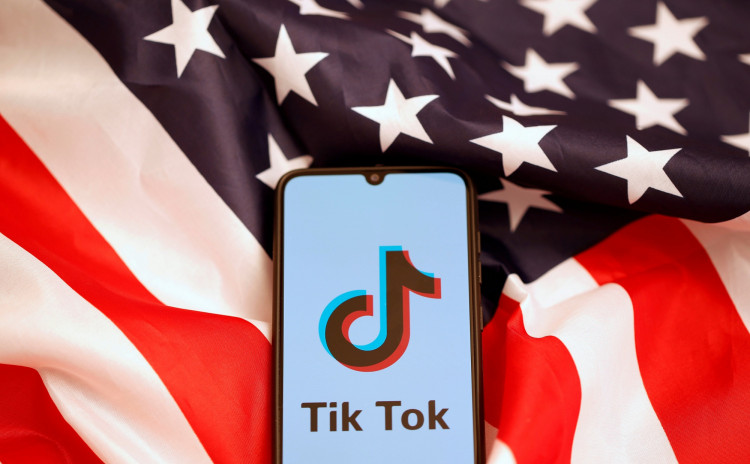TikTok executives were left reeling from the revelation that plans to ban or force the sale of the Chinese-owned app in the U.S. were far more advanced than they had anticipated. This revelation came despite a perceived thaw in relations, marked by President Joe Biden's recent foray into the platform, which had led many within TikTok's ranks to believe that the immediate threat of a ban had receded. However, the tranquility was short-lived as a bipartisan legislative effort in Washington, quietly gaining momentum, aimed directly at the heart of TikTok's operations in the U.S.
The legislative push, led by notable figures such as Republican Rep. Mike Gallagher of Wisconsin and Democratic Rep. Raja Krishnamoorthi of Illinois, represents a significant escalation in the U.S. government's scrutiny of TikTok. The bill, the culmination of over a year's collaborative efforts among a coalition of China critics in Washington and Silicon Valley, was propelled in part by public outcry over TikTok videos related to the Israel-Hamas conflict.
"The committee and Biden administration officials operated quietly enough that TikTok's large lobbying and government-relations operations in Washington didn't realize how close the bill was to reality," reported The Wall Street Journal, highlighting the stealth with which the legislative strategy was executed.
The proposed legislation has thrust TikTok into an uncertain future, with former President Donald Trump expressing opposition to a ban that he believes would unduly benefit competitors like Facebook. The American Civil Liberties Union and other free-speech advocates argue that a ban on TikTok would infringe upon the First Amendment right to freedom of speech, a stance that the Biden administration may find challenging to counter.
"If ByteDance chooses to litigate, the Biden administration would need to prove that a TikTok ban is narrowly tailored to advance a significant government interest, and that there are no less restrictive means of advancing that interest," Caitlin Chin-Rothmann, a fellow at the Center for Strategic and International Studies, told The Atlantic.
As the House gears up for a critical vote, the bill's proponents have carefully crafted its language to withstand potential legal challenges centered on First Amendment violations. "Framing this as a national security threat offers the government considerable latitude when it comes to First Amendment questions," said Sarah Kreps, a political scientist and director of the Tech Policy Institute at New York's Cornell University, to Business Insider. This legal framework underscores the complex interplay between safeguarding national security and upholding constitutional freedoms in the digital age.
As TikTok and its vast community of users brace for what may come, the debate over the app's future underscores broader questions about the governance of digital platforms, the boundaries of free speech, and the geopolitical tensions that continue to shape the technology landscape.






